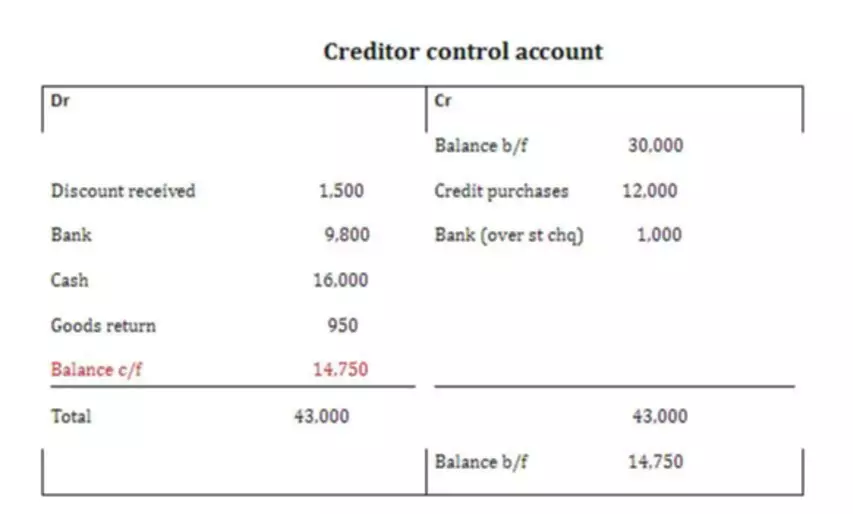Yum! Brands Retained Earnings Accumulated Deficit 2010-2022 YUM
Content
- New Corporation on January 1 2012 acquired all the outstanding common shares of
- How to Calculate Shareholders’ Equity
- Yum! Brands Retained Earnings (Accumulated Deficit) 2010-2022 | YUM
- The Impact of Negative Retained Earnings
- Negative shareholders’ equity is a red flag for stock investors
- Retained earnings

A stock ________________________, typically given to employees as part of their compensation that gives them the opportunity to buy the company’s stock at a predetermined price, is recorded as an expense at the time it is granted. Suppose Hoosiers, a specialty clothing https://simple-accounting.org/ store, rents space at a local mall for one year, paying $25,200 ($2,100/month) in advance on October 1. Calculate the year-end adjusted balances of prepaid rent and rent expense (assuming the balance of Prepaid Rent at the beginning of the year is $0).

The term used in place of retained earnings when a corporation has a negative balance in its account Retained Earnings. Since it’s just starting out, the company has no retained earnings. Over the course of its first year in business, the company takes in $48,000 in revenue and has expenses of $50,000, so it has to draw down its cash reserve by $2,000 to pay its bills. Accumulated Dividends means, with respect to any share of Preferred Stock, as of any date, the aggregate accumulated and unpaid dividends on such share from the Issue Date until the most recent Dividend Payment Date on or prior to such date. There shall be no Accumulated Dividends with respect to any share of Preferred Stock prior to the first Dividend Payment Date. When financial assets are impaired, impairment losses are recorded in the Statement of Operations and Accumulated Deficit.
New Corporation on January 1 2012 acquired all the outstanding common shares of
Retained earnings are any profits that a company decides to keep, as opposed to distributing them among shareholders in the form of dividends. The company has lost money over the year, and it now has an accumulated deficit of $2,000. But if they leave it with the company, then the earnings are “retained,” and owners’ equity increases. Thenet incomewould increase the RE account by $10,000 and the dividend would reduce it by $15,000. At the end of year one, Guitars, Inc. would have $15,000 in its retained earnings account. Accumulated Deficitmeans the amount that the association’s and the fund’s liabilities exceed their assets, as reported in the association’s and fund’s respective financial statements.
What does accumulated balance mean?
Accumulated balance means the total of the accumulations of exempted contributions and exempted interest contained in the balance to the credit of the employee at the time of withdrawals; Sample 1Sample 2.
The corporation’s records (the stockholders’ ledger) determine its stockholders as of the date of record. Stockholders’ equity is the remaining amount of assets available to shareholders after paying liabilities. Retained earnings can be used to shore up finances by paying down debt or adding to cash savings. They can be used to expand existing operations, such as by opening a new storefront in a new city. No matter how they’re used, any profits kept by the business are considered retained earnings. Startup companies frequently show an accumulated deficit on their balance sheet because they’re spending money faster than they’re taking it in as they develop a customer base and do all the other things it takes to build a company.
How to Calculate Shareholders’ Equity
Each year – or quarter, or month – you add your profits for the period to the retained earnings account, or subtract your losses. An accumulated deficit is a term used to describe the amount of net loss that is incurred in a given year when a business shows a negative balance in its retained an accumulated deficit means a company has earnings. This type of deficit is realized when the company fails to make a profit for that particular year. While methods of accounting for an accumulated deficit vary somewhat, it is common for businesses to note the amount of the net loss under the stockholder equity carried by the firm.
- If the balance sheet deficit does represent a serious financial problem, there are steps the company can take, such as borrowing money or selling shares.
- Therefore, retained earnings are considered equity as they can be used to invest in the company.
- If so, the company would be more profitable and the shareholders would be rewarded with a higher stock price in the future.
Dividends are subtracted from the retained earnings plus the company’s net income. William Ryan, Partner, specializes in audits, reviews, compilations, tax services, and business consulting. He serves clients in a variety of industries, including construction, real estate, manufacturing and distribution. Shareholders’ equity is significant to investors because it reveals the company’s net worth, which is important to consider before investing in a stock. Retained earnings are usually reinvested in the company, such as by paying down debt or expanding operations.
Yum! Brands Retained Earnings (Accumulated Deficit) 2010-2022 | YUM
A company that lacks sufficient cash for a cash dividend may declare a stock dividend to satisfy its shareholders. Note that in the long run it may be more beneficial to the company and the shareholders to reinvest the capital in the business rather than paying a cash dividend. If so, the company would be more profitable and the shareholders would be rewarded with a higher stock price in the future.
Is accumulated deficit the same as net loss?
An accumulated deficit is a term used to describe the amount of net loss that is incurred in a given year when a business shows a negative balance in its retained earnings. This type of deficit is realized when the company fails to make a profit for that particular year.
An example company has a net income of $500 in 2014, and a net income of $600 in 2015; so, the retained earnings would be $1,100 at December 31, 2015. Retained earnings fall whenever stockholders receive dividends or whenever members receive distributions.
These accounts are permanent meaning they are never closed out. When a company earns net income or incurs a net loss it is closed out to the balance sheet at the end of the accounting period. Atomic, Inc. had 10,000 shares of $1 par value common stock outstanding prior to a 2-for-1 stock split.

















